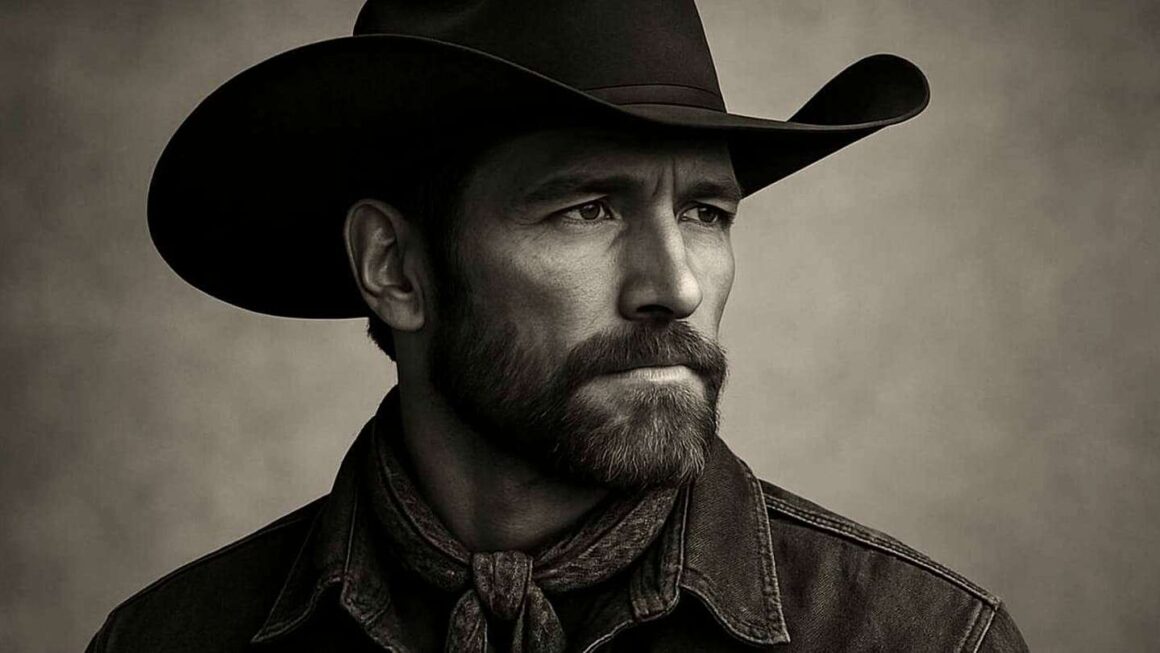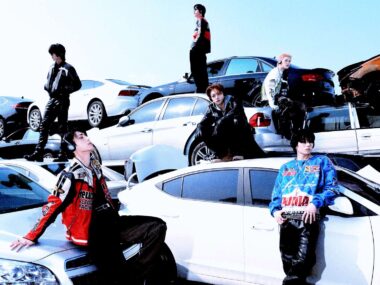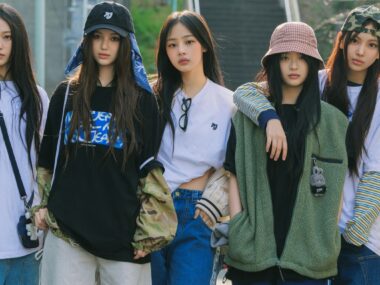There’s been a growing number of AI artists ranking on Billboard charts the past six months.
On this list is Breaking Rust, an AI-generated act that hit number one on Billboard’s Country Digital Song Sales chart with Walk My Walk.
The song currently has over 4.6 million streams on Spotify. 3 million of those streams were accumulated in less than a month. The news has caused country music fans to fear for the genre’s future.
The Panic From Country Music Fans
Country fans have always held pride in one thing: the music is supposed to come from real experiences. Real heartbreak. Real small towns. Real everyday people. Country isn’t just a sound. It’s a worldview built on that “three chords and the truth” philosophy.
So when an AI act starts topping charts, it hits a nerve. A lot of country fans lean conservative. Many feel like their favorite genre is one of the few things left that still feels grounded and human. They don’t want a synthetic narrator telling stories about struggles it never lived, even if the song sounds good.
Here’s the thing no one wants to say out loud. A lot of commercial country music lost that raw authenticity years ago. The genre’s biggest radio hits are filled with predictable stories about trucks, booze, boots, and falling in love with some pretty little thing at the bar.
I’m not saying all country music is like that, but it’s not surprising that AI can replicate that formula. If the song is built on clichés, then of course AI can sing it too.
AI Doesn’t Make Music Alone
One thing people forgot when it comes to AI is that it’s a tool! A powerful one, sure, but still a tool. It’s not some cyberpunk horror villain replacing people.
There are human songwriters, producers and musicians behind these virtual acts. This includes Breaking Rust, which was created by independent songwriter Aubierre Rivaldo Taylor. The same goes for all the rising virtual acts hitting charts across genres: ChildPets Galore, Xania Monet, Unbound Music, Enlly Blue, Juno Skye. None of these acts exist without people behind them.
AI in country music didn’t start with chart-topping virtual artists. It started with artists using it as support. Folks who needed help writing demos. Artists working through physical limitations. Randy Travis actually used AI to record music again after suffering from a stroke. For many, AI has been a lifeline, not a threat.
The Divide in Nashville
Still, the reaction in Nashville is intense.
Traditionalists are calling for emergency action. Some want AI tracks removed or clearly labeled on charts. Billboard has only gone as far as tagging these types of artists as “virtual acts”. For many, that’s not going far enough.
There’s fear that record labels will chase after AI artists as the next big trend. They worry that human artists will get sidelined. Because for them, if country music can be overtaken by AI, then nothing is safe.
Debates regarding in authenticity in country music isn’t anything new. People said the same thing when the genre moved toward commercial songwriting in the 90s and early 2000s. They said it again when country-pop went mainstream. Every era had its “this isn’t real country anymore” moment. AI is just the newest iteration.
How Do You Define Authenticity in Country Music?
What makes a country song feel real?
Is it the human artist singing the songs?
Is it the songwriters and producers that brought the music to life?
Or is it the impact a song can have on the listener?
If a human writes the lyrics and the music, and uses AI as a vocalist only, does the final product lose its heart? Or does the emotion behind it come from the intention of the human songwriter(s)?
Some say authenticity is only meaningful if the voice singing the song has lived the life it describes. Others say the whole point of music is connection, and that its origin shouldn’t matter.
Country music has never been static. It has always evolved with the times.
Where Country Music Goes From Here
AI isn’t going away, but it’s not the enemy. The real danger is pretending that music made with AI can’t have any meaning because the vocalist isn’t human.
At the end of the day, country music doesn’t live or die by who sings the lyrics. If the humans behind these AI artists keep telling stories that resonate, people will listen. If they don’t, the genre’s fans won’t hesitate to walk away. Country audiences have always been honest that way.






